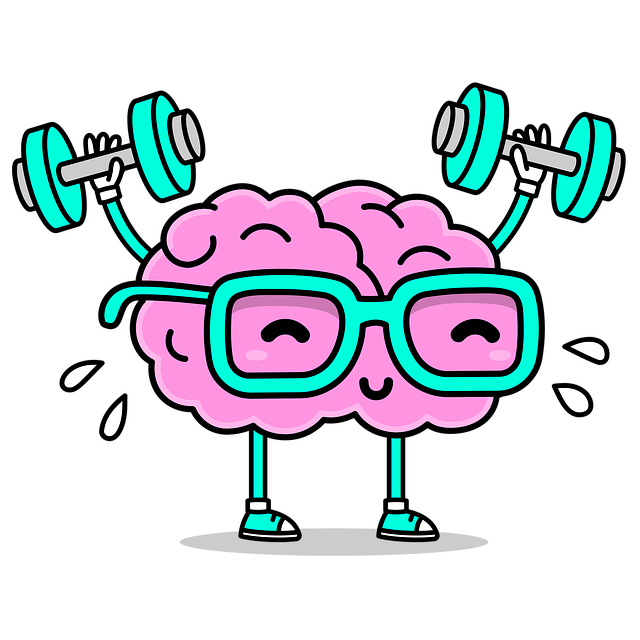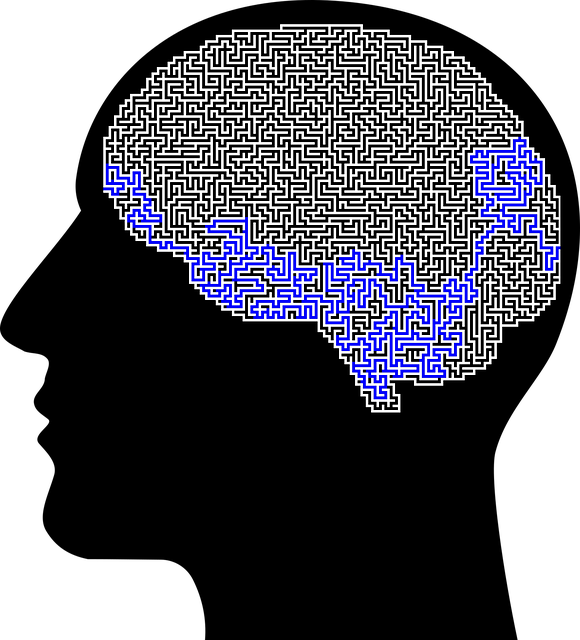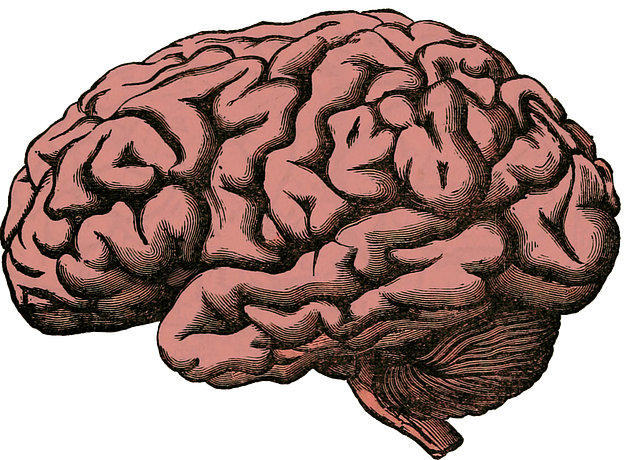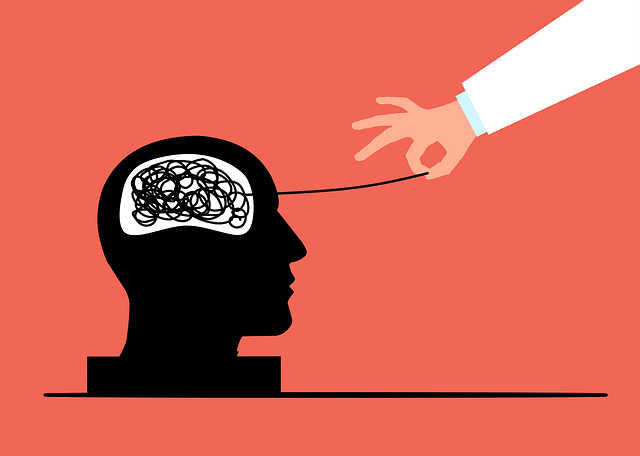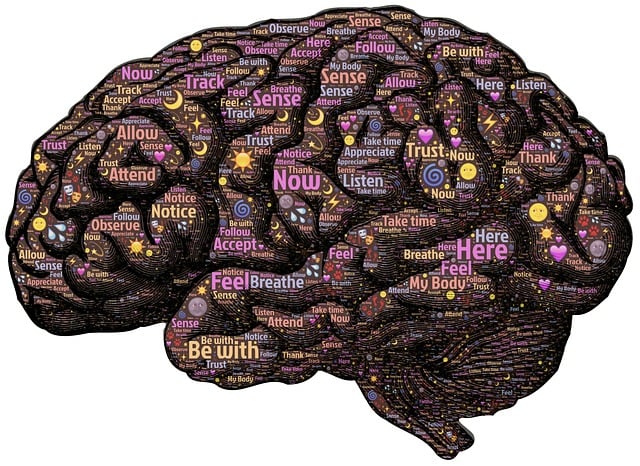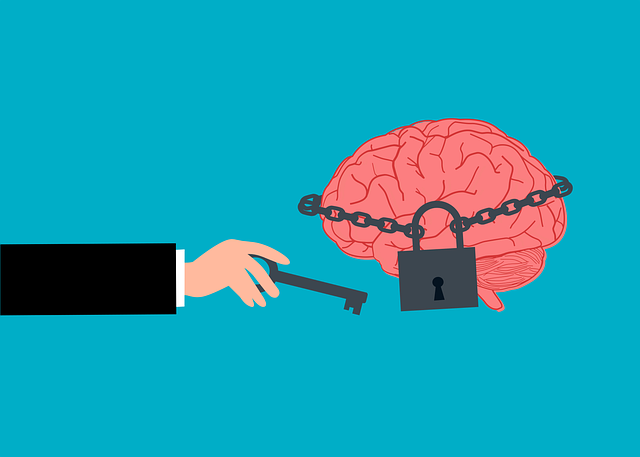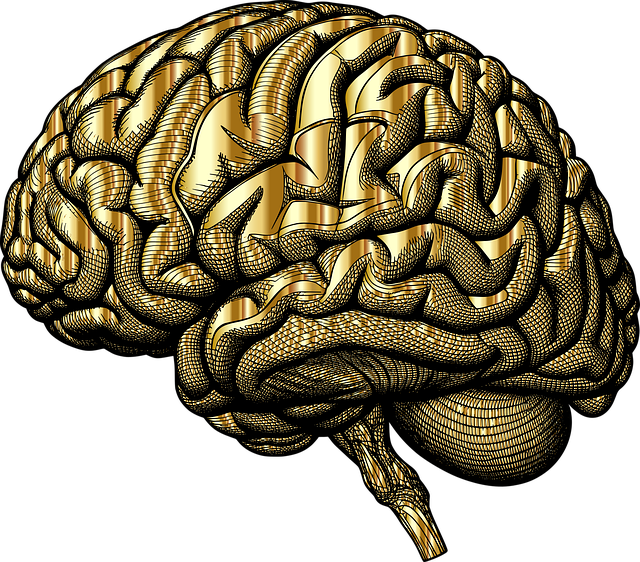Lafayette Neuro Disorders Therapy (LNFT) introduces the RFM framework—Resources, Fortitude, Mastery—to build resilience against life challenges, transforming stress responses and fostering a mindset of self-discovery. Implementing LNFT requires structured approaches, including needs assessment, trained facilitators, safe environments, progressive programs, and stress reduction methods. Success is measured through goal setting, tracking progress, and leveraging data for personalized strategies that enhance well-being and mitigate mental illness symptoms over time.
“Unleash your inner resilience with an innovative approach—Lafayette Neuro Disorders Therapy (LNDT). This article delves into the transformative power of RFM (Restoration, Flexibility, and Mastery) exercises in building mental fortitude. We explore how LNDT, a structured therapy, guides individuals through a step-by-step process to enhance their resilience. From understanding the core principles of RFM to practical implementation strategies, this guide promises insights that can revolutionize your journey towards emotional well-being. Discover how LNDT measures success and cultivates continuous improvement.”
- Understanding RFM and its Role in Resilience Building
- Implementing Lafayette Neuro Disorders Therapy: A Step-by-Step Guide
- Measuring Success and Continuous Improvement Strategies
Understanding RFM and its Role in Resilience Building

Resilience is a vital asset for navigating life’s challenges, and Lafayette Neuro Disorders Therapy offers a unique approach to fostering this through the use of RFM (Resource, Fortitude, and Mastery). This framework recognizes that building resilience isn’t just about enduring hardships but also about harnessing inner resources and developing strategies to overcome obstacles. By focusing on these key components, individuals can enhance their emotional intelligence and self-awareness exercises, leading to a significant confidence boost.
The RFM model encourages clients to identify and leverage personal resources, such as social support networks and coping skills, to cultivate fortitude—the courage to face adversity head-on. Additionally, it promotes mastery experiences, where individuals learn from challenges and develop new skills, further strengthening their resilience. Through tailored exercises and therapy, Lafayette Neuro Disorders Therapy helps individuals transform their relationship with stress, fostering a mindset that embraces challenges as opportunities for growth and self-discovery.
Implementing Lafayette Neuro Disorders Therapy: A Step-by-Step Guide

Implementing Lafayette Neuro Disorders Therapy (LNFT) involves a structured approach designed to enhance resilience and reduce symptoms associated with mental illness. Here’s a step-by-step guide for effective integration:
1. Assess Individual Needs: Begin by evaluating each participant’s unique circumstances, including their specific neurodevelopmental challenges and existing support systems. This foundational step ensures that the LNFT strategies are tailored to address individual needs, fostering personalized resilience building.
2. Train Facilitators: Ensure facilitators are well-versed in LNFT techniques through comprehensive training programs. These sessions should cover not only the theoretical underpinnings but also practical exercises and case studies. Equipping facilitators with the right tools is pivotal for delivering effective support and guiding participants through their mental health journeys.
3. Create a Safe Space: Establish an inclusive, non-judgmental environment conducive to open dialogue and emotional expression. Stress Reduction Methods, such as mindfulness practices integrated into LNFT sessions, can significantly mitigate the Mental Illness Stigma Reduction Efforts, encouraging participants to embrace vulnerability and build camaraderie.
4. Design Structured Programs: Develop structured programs focusing on specific mental health themes, like stress management, emotional regulation, and social skills. These programs should be designed with a progressive curriculum that builds upon each session, fostering a deeper understanding of resilience concepts over time. Incorporate Mental Health Education Programs Design elements to empower participants with self-care tools for lifelong use.
5. Implement Interactive Exercises: LNFT relies on interactive exercises tailored to engage participants actively in their healing process. These might include role-playing scenarios, group discussions, and creative expression activities that encourage emotional exploration and coping mechanism development.
Measuring Success and Continuous Improvement Strategies

Measuring success and implementing continuous improvement strategies are essential components of any effective resilience-building program, such as those offered by Lafayette Neuro Disorders Therapy. By setting clear and quantifiable goals, therapists can track progress and identify areas that require further attention. This data-driven approach allows for tailored adjustments to the exercises and techniques used, ensuring optimal results for each individual.
Regular assessments and feedback mechanisms play a vital role in this process. For instance, Mental Health Policy Analysis and Advocacy can inform program enhancements by highlighting emerging trends and best practices within the field. Similarly, integrating Mental Wellness Coaching Programs Development enables personalized coaching that supports individuals in applying learned resilience strategies to their daily lives. Over time, these adaptive measures contribute to improved Anxiety Relief, fostering a more robust and sustainable sense of well-being among participants.
Lafayette Neuro Disorders Therapy (LNDT) offers a powerful framework for building resilience through RFM exercises. By following the step-by-step guide outlined in this article, practitioners can effectively implement LNDT to enhance individuals’ coping mechanisms and overall well-being. Measuring success and adopting continuous improvement strategies are key to optimising outcomes. Integrating LNDT into therapeutic practices holds great potential for fostering resilience, especially in today’s challenging times.
